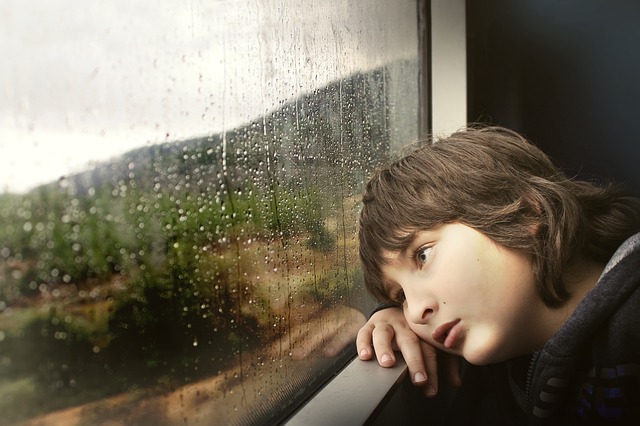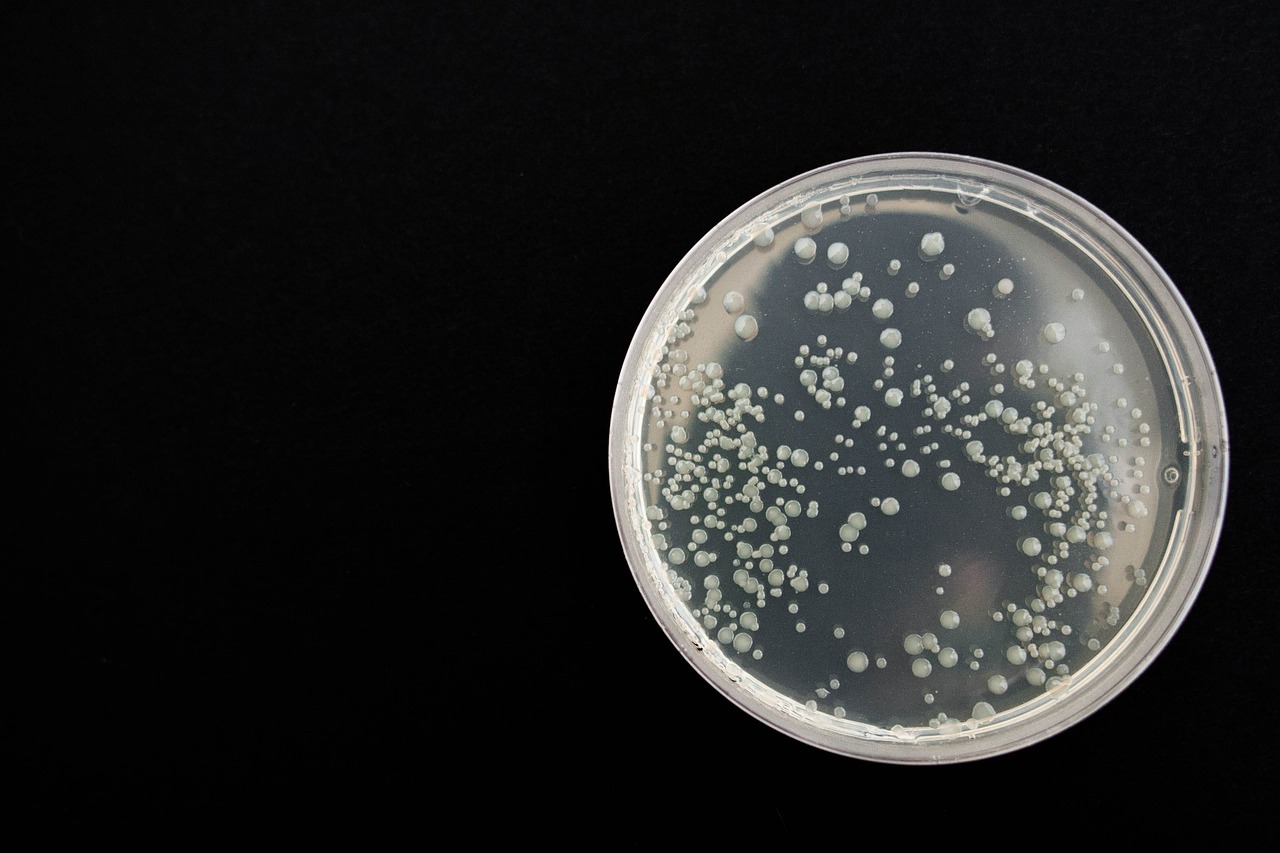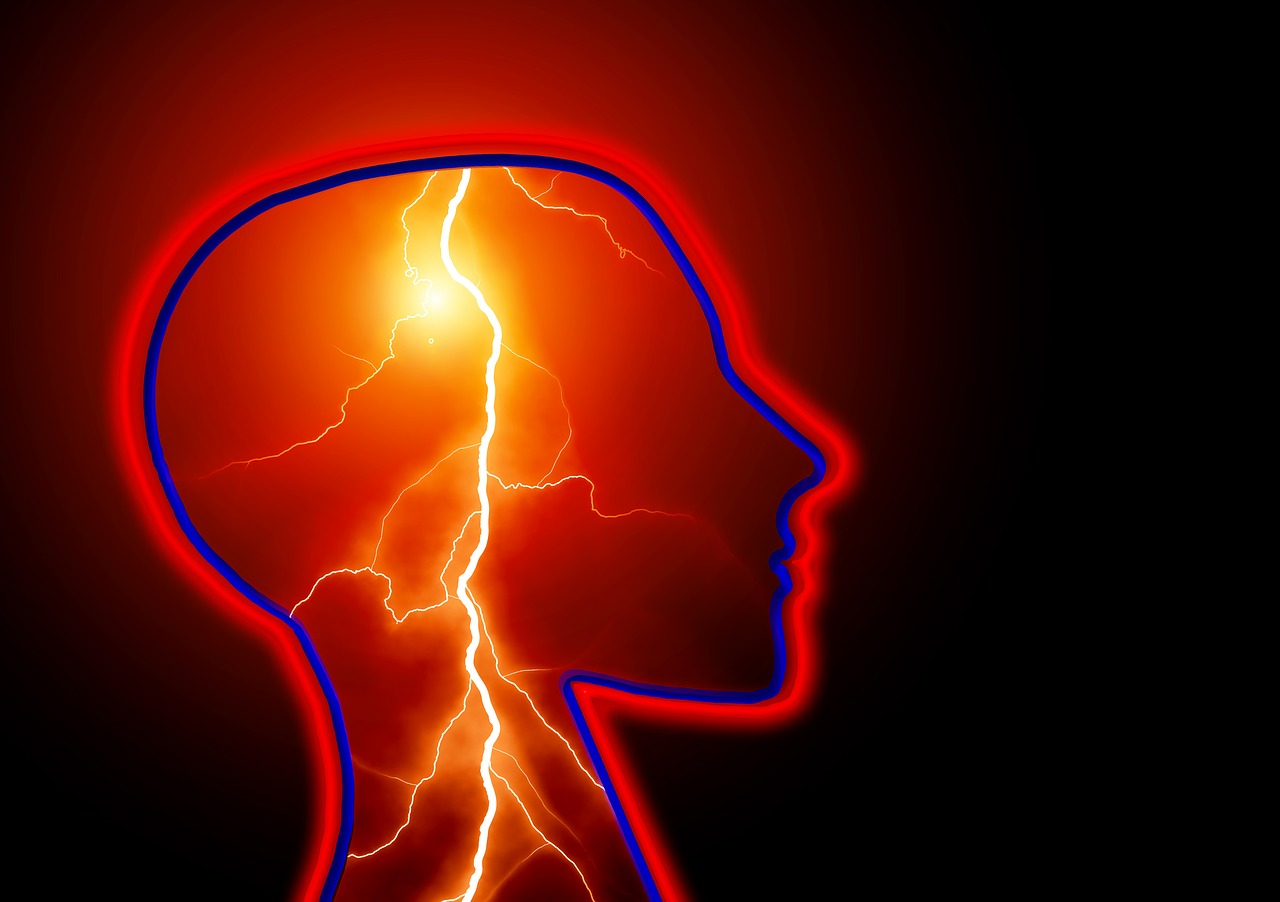Mental health
Article curated by Ginny Smith
Mental health problems will affect 1 in 4 of us each year, and yet very little is known about the underlying causes. A better understanding of the brain changes that occur, the influence of our genes, and possible environmental triggers will help to improve the lives of those who are suffering, and perhaps even introduce preventative measures for those who are most at risk.

Depression is the most common mental health problem, and its symptoms can differ from person to person. Although most of us feel down from time to time, someone who suffers from depression might find the feelings persist much longer than ‘normal’ sadness. They often can’t feel enjoyment any more, and withdraw into themselves. As well as the emotional problems, depression can cause physical symptoms such as tiredness, loss of appetite, aches and pains, and problems sleeping. Despite its prevalence, It is not known why some people suffer from depression when others do not, but it is thought that a combination of genetics and circumstances trigger the illness[2]. The neurological basis of depression may be down to an imbalance of neurotransmitters (chemicals that help communications in the brain), however it is not clear exactly which neurotransmitters are involved, and in which brain regions [3].


A less common, but in some cases very severe, mental health problem are the Autism Spectrum Conditions[4]. They are so called because rather than being a simple case of “you have it or you don’t”, it is argued that everyone falls somewhere on the spectrum - but it is only if it affects your ability to function in everyday life that you will be diagnosed. Autism can affect people very differently, but it generally impacts on how sufferers interact and communicate with others. As well as difficulties people with the disorder often have talents - they tend to be very good at ‘systemizing’[5]. This might mean loving maths, or being able to name every constellation in the sky or train on the track.
It isn't currently known what the cause of autism is in most people; however there are some cases where it is secondary to another disease. Tuberous sclerosis causes tumours to form throughout the body, including in the brain, which in some cases is thought to lead to autism [6]. For most people with autism, however, it is likely that a combination of genetic and environmental factors are to blame. If one identical twin has autism, the other has a much higher chance of also having it. However we can't tell whether this is due to of their shared genes or their shared environment in the womb [7]. We know that pre-natal environment is important because mothers who are infected with a virus during pregnancy, and those who smoke, are more likely to have children with autism - but it isn't clear how these risk factors change the infant’s brain.
Learn more about Autism.


 2
2
Possible Causes of Mental Health Problems

Learn more about Impact of antibiotics on our microbiome.


 2
2Looking inside the brain
One way in which we can hope to better understand mental health problems is by looking for structural changes in the brains of sufferers. However, this isn’t a simple job. It used to be thought that children’s brains could change in structure as they learnt but that once you reached adulthood your brain was, pretty much, fixed. However this claim has recently been shown to be false. It is true that it is easier for our brains to change when we are younger, but this ability - known as plasticity - is actually with us throughout our lives.
The ability of the brain to change is vital for people who have had strokes or traumatic brain injuries. Although they may not be able to perform certain tasks straight after the injury, due to damage to a particular brain area, the ability can often be re-learnt over time. This corresponds to the brain finding new pathways which avoid the old, damaged areas. However for an adult to re-learn an ability, such as language, is a lot more difficult than it is for a child to learn it. This is because the brain appears to have ‘sensitive periods’, where it is much easier to learn certain skills. If we can find out what makes children's brains so good at learning there is a chance we could harness this knowledge to help people with brain damage or mental illness. It may even help all of us to learn better as adults-but that day is still a long way off.
Learn more about Rewiring the Brain.


 3
3
As we don't fully understand the developments that go on in the brain throughout childhood and into adulthood, it is difficult to know what impact repeated low-level concussions have on the brain. We have known for a while that boxers can develop an illness known as Traumatic Encephalopathy through repeated blows to the head. This has similar symptoms to Alzheimers, and can be very severe. Recently, football player Jeff Astle was ruled to have died of the same illness, caused by heading the ball repeatedly. This suggests we need more research into the impact sports can have on the brain, and particularly on children and young people. whose brains may be particularly vulnerable as they are still developing.





What we do know is that, if given the chance, the brain has an amazing ability to recover after damage. There are some illnesses, however, that cause such extensive damage the patient is unlikely to ever recover fully, if they even survive. One such disease is called Primary Amoebic Meningoencephalits (PAM), and is caused by a parasite called Naegleria Fowleri. This parasite is found in the sand at the bottom of some freshwater lakes, and when disturbed can move through the soft tissue in the back of the nose and into the brain. Once there it damages synapses, meaning that nerve cells (neurons) in the brain can no longer communicate.
There have been 128 confirmed cases in the US since 1962, and only 3 people have survived the infection. One of these is a young girl called Kali Hardig, although she has been left with hugely reduced brain functions. Usually the infection kills within a week, meaning there are probably many more unreported cases, and making her survival even more extraordinary. It is not known how some people are able to survive the disease, and with so few cases it is extremely difficult to determine whether it was the rapid administration of treatment, or something about Miss Hardig herself that allowed her to survive.


This article was written by the Things We Don’t Know editorial team, with contributions from Gavin Hub, Ginny Smith, Cait Percy, and Johanna Blee.
This article was first published on 2015-08-27 and was last updated on 2018-01-21.
References
why don’t all references have links?
[1] Mental Health Foundation https://www.mentalhealth.org.uk/publications/fundamental-facts-about-mental-health-2015
[2] Lopizzo, N., et al., (2015) Gene–Environment Interaction in Major Depression: Focus on Experience-Dependent Biological Systems Frontiers in Psychiatry 6 DOI: 10.3389/fpsyt.2015.00068
[3] Werner, F., Coveñas, R., (2010) Classical Neurotransmitters and Neuropeptides Involved in Major Depression: a Review International Journal of Neuroscience 120(7):455-470 DOI: 10.3109/00207454.2010.483651
[4] Lai, M., et al., (2013) Subgrouping the Autism “Spectrum": Reflections on DSM-5 PLoS Biology 11(4):e1001544- DOI: 10.1371/journal.pbio.1001544
[5] Baron-Cohen, S., et al., (2009) Talent in autism: hyper-systemizing, hyper-attention to detail and sensory hypersensitivity Philosophical Transactions of the Royal Society B: Biological Sciences 364(1522):1377-1383 DOI: 10.1098/rstb.2008.0337
[6] Curatolo, P., et al., (2004) Autism in tuberous sclerosis European Journal of Paediatric Neurology 8(6):327-332 DOI: 10.1016/j.ejpn.2004.08.005
[7] Hallmayer, J., (2011) Genetic Heritability and Shared Environmental Factors Among Twin Pairs With Autism Archives of General Psychiatry 68(11):1095- DOI: 10.1001/archgenpsychiatry.2011.76
[8] Kaplan, B,J., et al., (2015) The Emerging Field of Nutritional Mental Health Clinical Psychological Science 3(6):964-980 DOI: 10.1177/2167702614555413
[9] Scott, F,I., et al., (2016) Administration of Antibiotics to Children Before Age 2 Years Increases Risk for Childhood Obesity Gastroenterology 151(1):120-129.e5 DOI: 10.1053/j.gastro.2016.03.006
[10] Rohlke, F., Stollman, N., (2012) Fecal microbiota transplantation in relapsing Clostridium difficile infection Therapeutic Advances in Gastroenterology 5(6):403-420 DOI: 10.1177/1756283X12453637
Blog posts about mental health






Recent mental health News
Get customised news updates on your homepage by subscribing to articles













